Glencore: in a deep hole
Glencore's heavy debt load and the low price of metals have sent investors in the commodities trader running for the door.

Get the latest financial news, insights and expert analysis from our award-winning MoneyWeek team, to help you understand what really matters when it comes to your finances.
You are now subscribed
Your newsletter sign-up was successful
Want to add more newsletters?

Twice daily
MoneyWeek
Get the latest financial news, insights and expert analysis from our award-winning MoneyWeek team, to help you understand what really matters when it comes to your finances.

Four times a week
Look After My Bills
Sign up to our free money-saving newsletter, filled with the latest news and expert advice to help you find the best tips and deals for managing your bills. Start saving today!

Shares in mining and commodities trading giant Glencore plunged by 30% last Monday. The slump was due to more poor Chinese data and a note from Investec saying Glencore's equity could be worthless if metals prices stay low. The main worry is the group's massive debt load of $30bn. Scepticism over its ability to cope with this debt is growing. The price of insuring Glencore's debt against default has jumped to the highest level since the global crisis in 2009.
On Tuesday, Glencore said it remained "operationally robust" and had access to "strong lines of credit". Citigroup said the company looked undervalued and should consider going private if the stockmarket failed to value it fairly. The shares bounced but remain around 80% below their 2011 flotation price.
What the commentators said
One major problem, as Jim Armitage pointed out in The Independent, is that "nobody knows when, if, or by how much, demand for Glencore's products will return". Its own forecasts havebeen too bullish in recent years. There are also recurrent questions about what is happening at its commodities trading division, an "inherently opaque" business. It says its debt-funded positions are all hedged and its balance sheet can cope, but "there are niggling doubts".
MoneyWeek
Subscribe to MoneyWeek today and get your first six magazine issues absolutely FREE

Sign up to Money Morning
Don't miss the latest investment and personal finances news, market analysis, plus money-saving tips with our free twice-daily newsletter
Don't miss the latest investment and personal finances news, market analysis, plus money-saving tips with our free twice-daily newsletter
So what next? "One has to admire the chutzpah" Citigroup has displayed with its suggestion that Glencore go private, said Nils Pratley in The Guardian. Investment banks have done extremely well out of it ever since its overpriced floatation. The recent share placing, which Citigroup helped set up at 125p, was just the latest bonanza.
Now Citigroup is lining itself up for more fees from a buyout, and is even floating the idea of another flotation a few years down the track. How absurd. The last thing this overleveraged company needs is "another layer of buyout debt". Instead, it should be selling some assets "at half-decent prices" to get its debts down.
Get the latest financial news, insights and expert analysis from our award-winning MoneyWeek team, to help you understand what really matters when it comes to your finances.

-
 How to navigate the inheritance tax paperwork maze in nine clear steps
How to navigate the inheritance tax paperwork maze in nine clear stepsFamilies who cope best with inheritance tax (IHT) paperwork are those who plan ahead, say experts. We look at all documents you need to gather, regardless of whether you have an IHT bill to pay.
-
 Should you get financial advice when organising care for an elderly relative?
Should you get financial advice when organising care for an elderly relative?A tiny proportion of over 45s get help planning elderly relatives’ care – but is financial advice worth the cost?
-
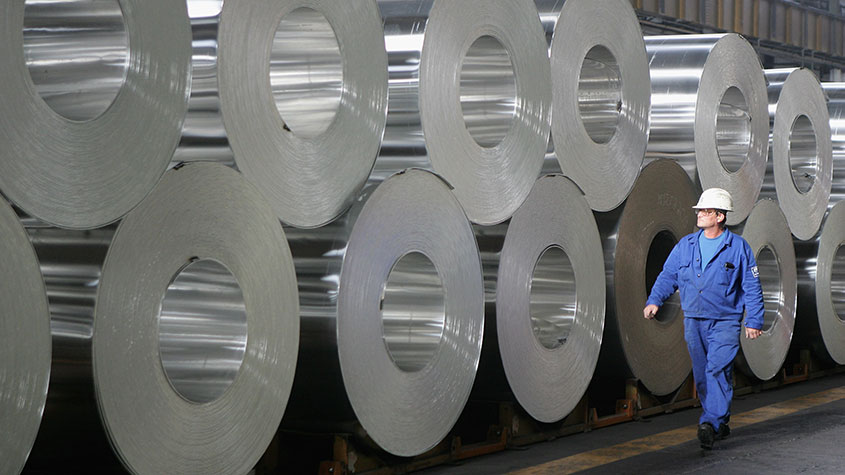 These 2 stocks are set to soar
These 2 stocks are set to soarTips The returns from these two aluminium and tin stocks could be spectacular when the commodity cycle turns says David J Stevenson.
-
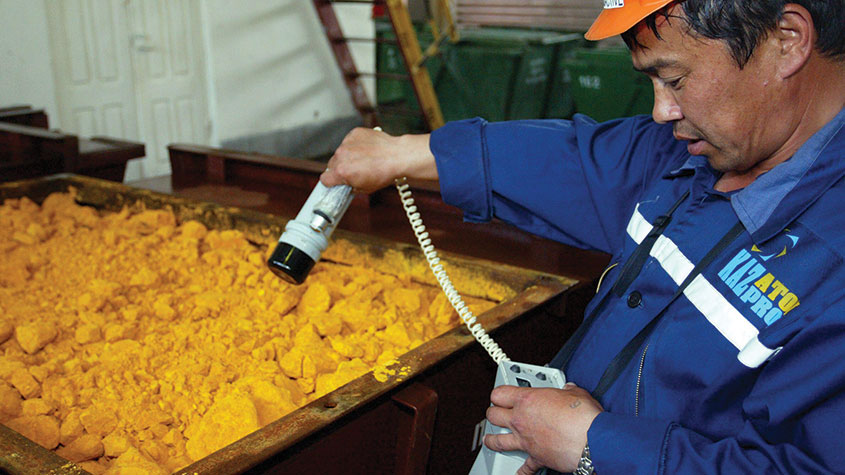 The best ways to buy strategic metals
The best ways to buy strategic metalsTips Weaker prices for strategic metals in the alternative-energy sector are an investment opportunity, says David Stevenson. Here, he picks some of the best ways to buy in.
-
 A lesson for investors from a ill-fated silver mine
A lesson for investors from a ill-fated silver mineAnalysis Mining methods may have changed since the industry’s early days, but the business hasn’t – digging ore from the ground and selling it at a profit. The trouble is, says Dominic Frisby, the scams haven't changed either.
-
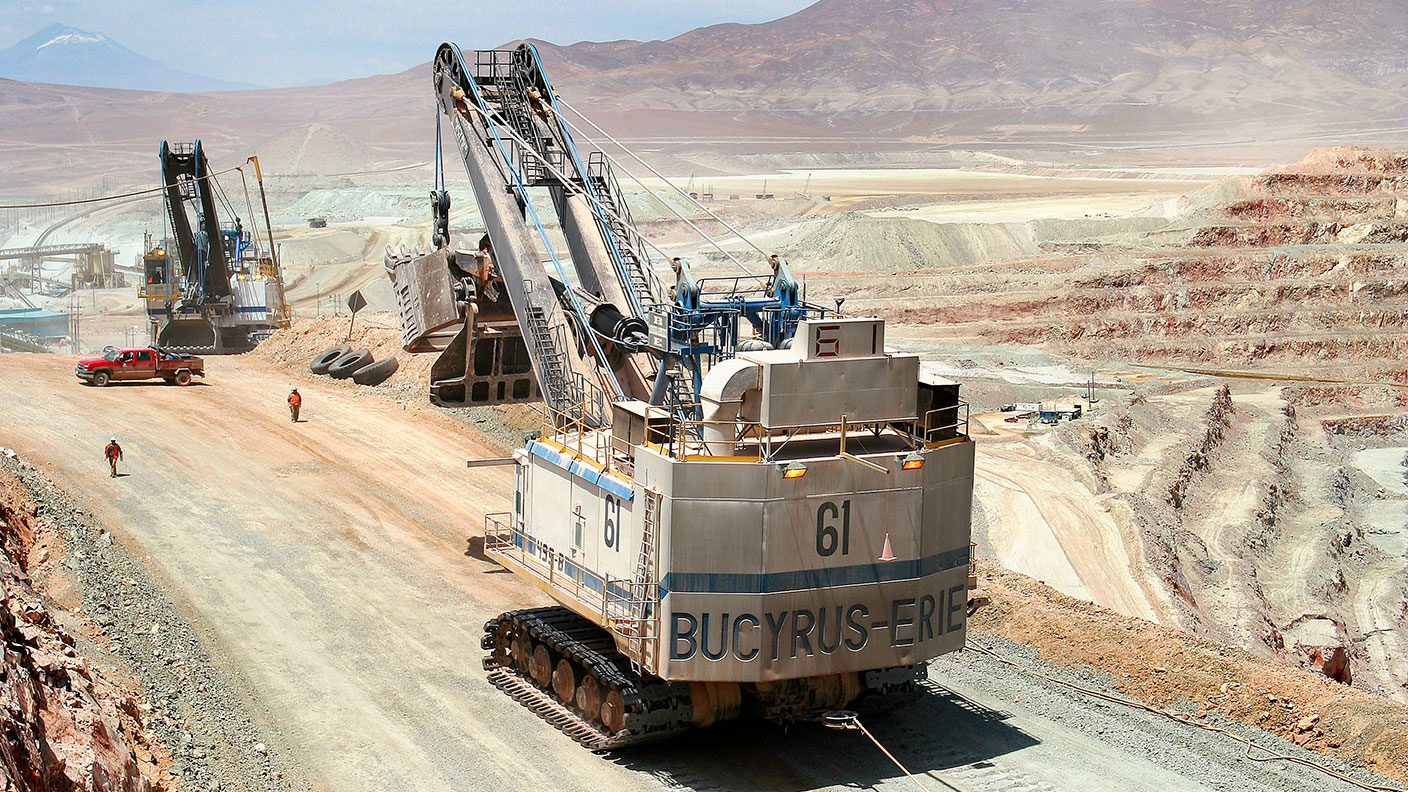 The natural resources industry is in a tight spot – which is bad news for the rest of us
The natural resources industry is in a tight spot – which is bad news for the rest of usOpinion The natural resources industry is in a bind. We need it to produce more energy and metals, but it has been starved of investment, plagued by supply chain issues, and hobbled by red tape. That’s bad news for everyone, says Dominic Frisby.
-
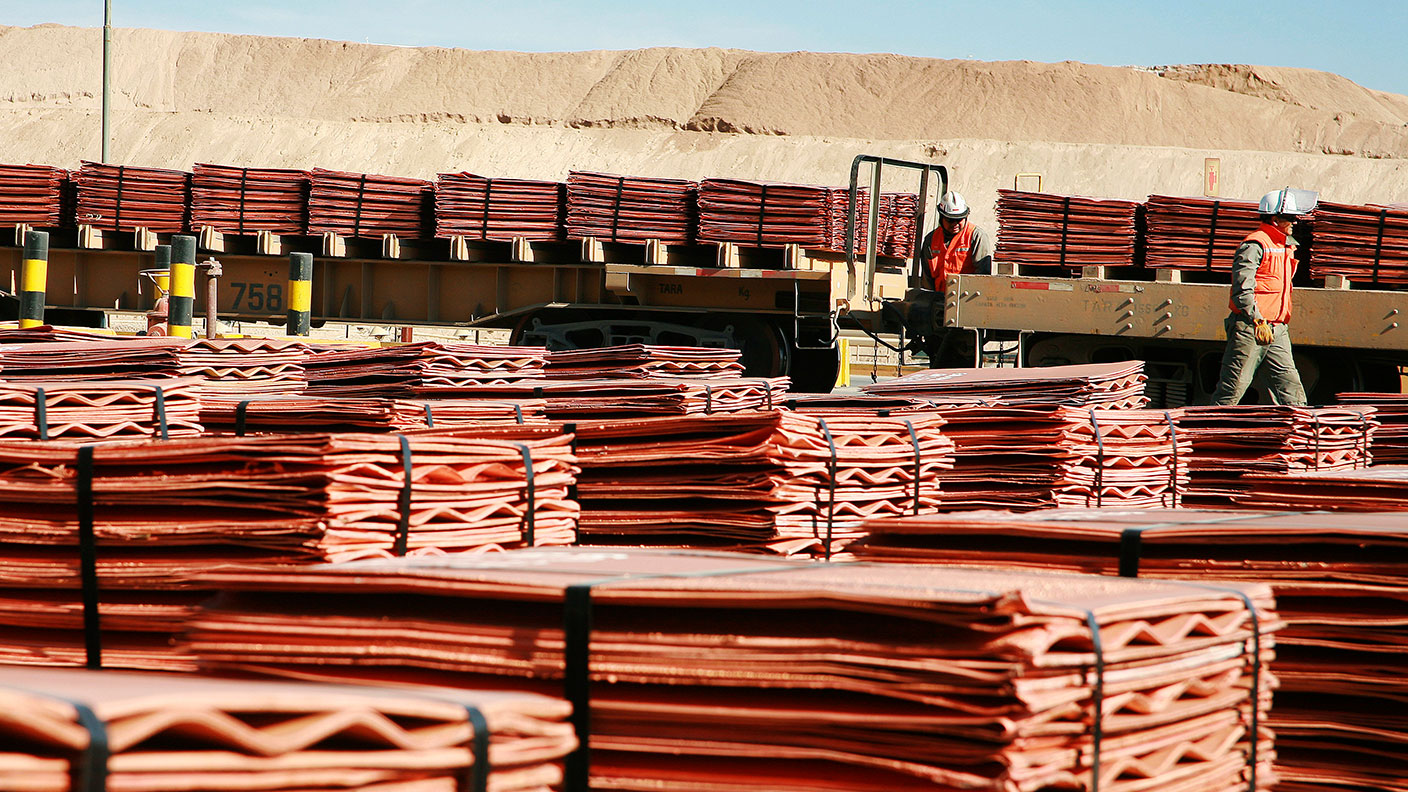 How to invest in the copper boom
How to invest in the copper boomTips The price of copper has slipped recently. But that’s temporary – the long-term outlook is very bullish, says Dominic Frisby. Here, he explains the best ways to invest in copper.
-
 Why investors should consider adding Glencore to their portfolios
Why investors should consider adding Glencore to their portfoliosTips Commodities giant Glencore is well placed to capitalise on rising commodity prices and supply chain disruption, says Rupert Hargreaves. Here’s why you should consider buying Glencore shares.
-
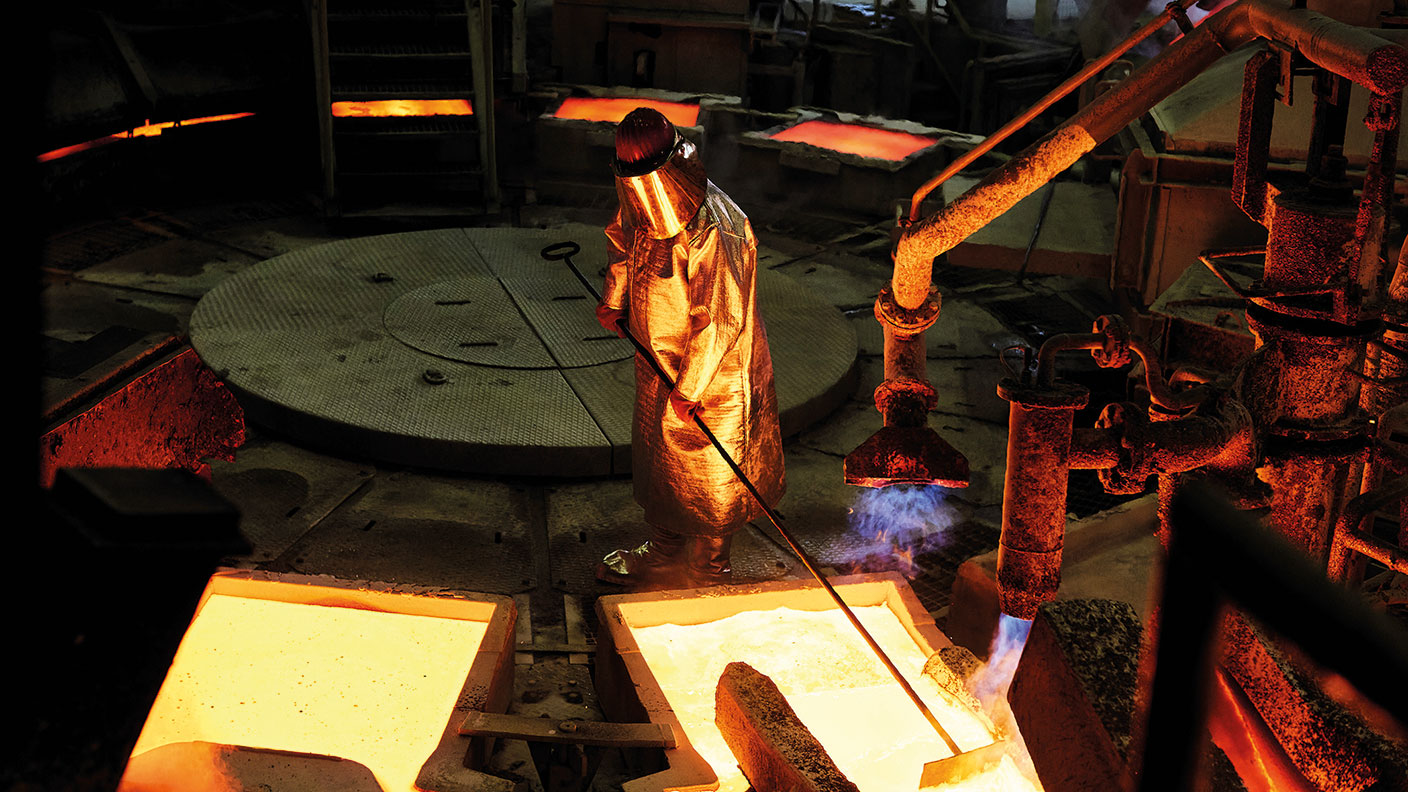 How to invest in the multi-decade boom in industrial metals
How to invest in the multi-decade boom in industrial metalsTips The price of key industrial metals has already begun to rise. The renewable energy transition will take them higher, says David Stevenson. Here's how to profit.
-
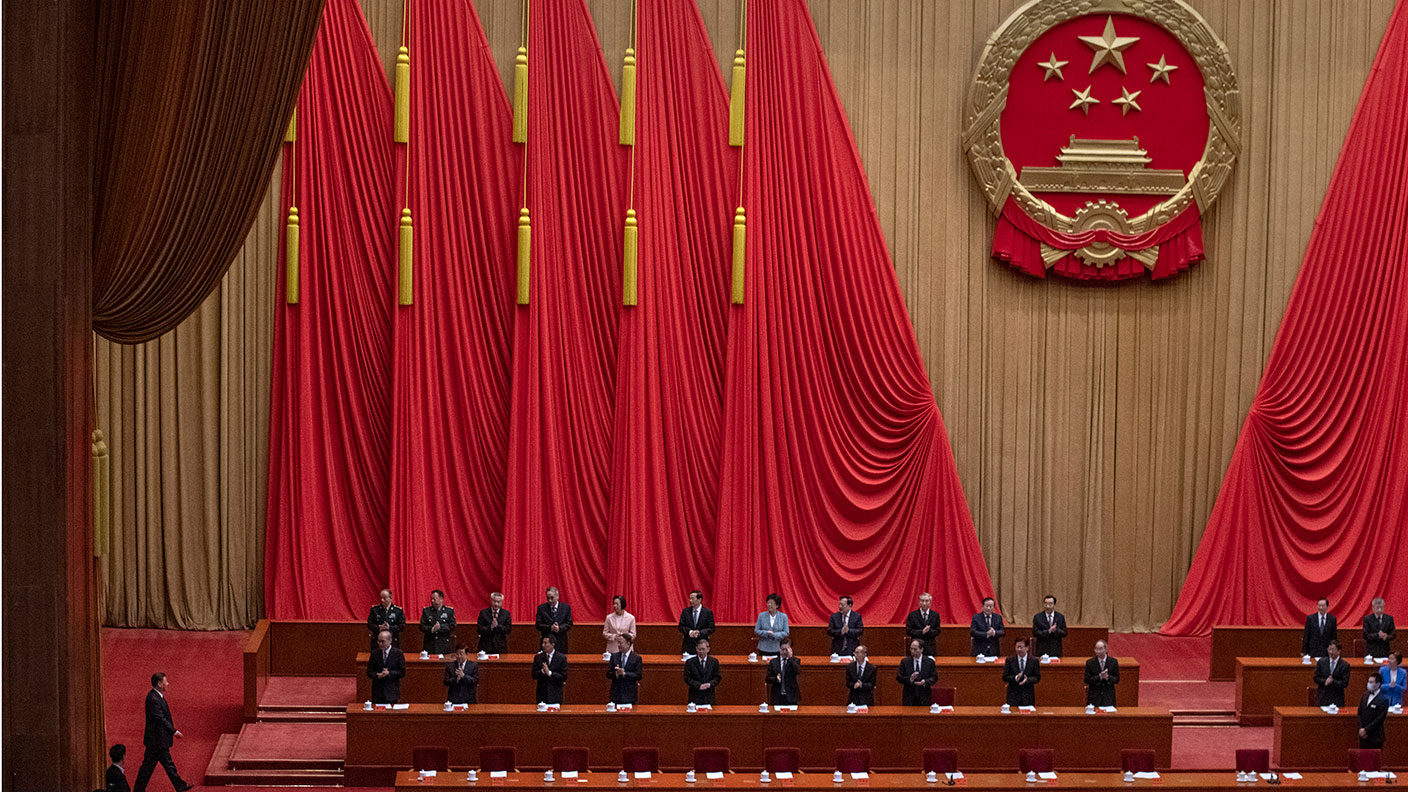 Avoid China’s stockmarket – here’s what to invest in instead
Avoid China’s stockmarket – here’s what to invest in insteadOpinion China’s stockmarket is not a good place for investors to be. But you can't just ignore the world's second-largest economy, says Dominic Frisby. Here, he picks an alternative China play.